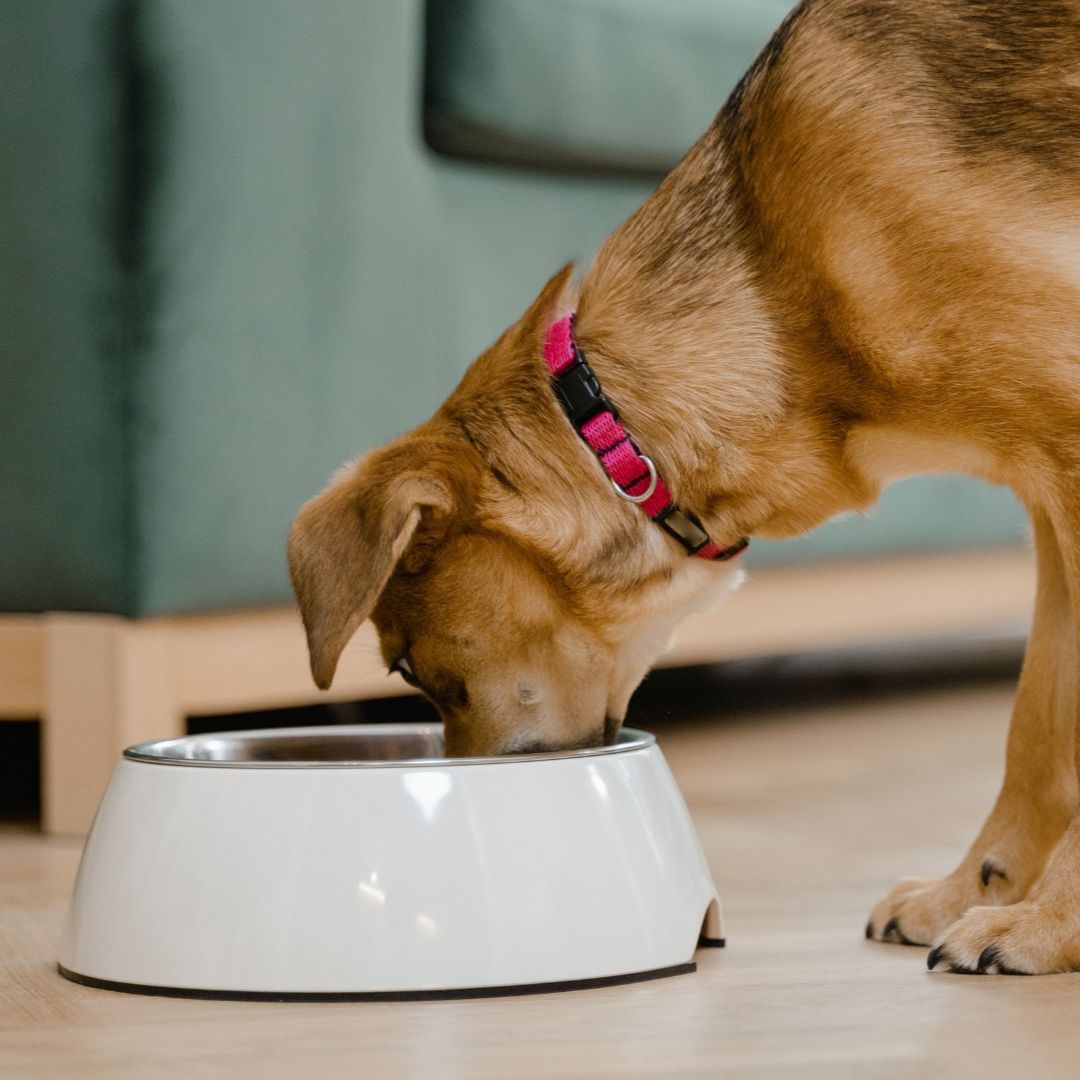Pet Nutritional Counseling
Support your companion’s long-term health through their diet with expert pet nutritional counseling in Littleton, CO, at Littleton West Animal Hospital. Discover personalized diets for health and wellness!
Pet Nutritional Counseling in Littleton, CO
Proper nutrition is the foundation of your pet’s health and well-being, which is why Littleton West Animal Hospital stresses developing a diet to support your companion’s specific needs. Our expert pet nutritional counseling services in Littleton, CO, are designed to help you make informed choices about your furry companion’s diet. Whether your pet needs support for a medical condition, guidance for weight management, or simply a well-balanced meal plan, we’re here to assist every step of the way.

Why Nutrition Matters for Your Pet
Every pet is unique, and their dietary needs vary based on factors like age, breed, activity level, and health status. Providing the right nutrients in appropriate quantities can:
- Boost energy levels
- Strengthen the immune system
- Support healthy digestion and skin
- Prevent obesity and related conditions
Our team of experienced veterinarians understands that navigating the world of pet food can be overwhelming. That’s why we offer tailored guidance to suit your pet’s individual needs.
What to Expect During a Nutritional Counseling Session
Our pet nutritional counseling in Littleton, CO, begins with a thorough evaluation of your pet’s current health and lifestyle. During the consultation, we’ll review:
- Dietary History: What your pet eats and how often.
- Body Condition Score: An assessment to determine whether your pet is underweight, overweight, or at an ideal weight.
- Health Concerns: Any underlying medical issues that might affect dietary needs, such as kidney disease, diabetes, or food allergies.
Based on this information, we’ll recommend a customized feeding plan that meets your pet’s nutritional requirements. This may include advice on commercial pet foods, homemade diets, or therapeutic nutrition for managing specific health conditions.
Addressing Common Nutritional Challenges
Many pets face challenges related to diet, including:
- Weight Management: Obesity can lead to joint issues, diabetes, and other serious health problems. We provide practical solutions for safe and effective weight loss.
- Allergies and Sensitivities: Identifying triggers and selecting hypoallergenic diets to ease symptoms like itching or gastrointestinal upset.
- Picky Eating: Strategies to encourage a more consistent appetite.
Whatever your pet’s dietary concerns, our team is dedicated to helping you overcome them with practical, science-backed solutions.
Points to Consider When Choosing Food for Your Pet:
- What is the company’s reputation? How long have they been in business?
- Does the company conduct research on their products and publish their results?
- Are the products tested according to AAFCO feeding protocols?
- Does the company have a Veterinarian on staff and can you call the company with questions about diets and specific medical concerns?
- Will the company supply you with a product guide that includes nutritional analysis?s
- What kind of quality control is performed?
- Is their advertising false or misleading? Does it contain facts, or are they marketing techniques?
For reliable information on pet food and nutrition on the internet, we recommend:
- Pet Nutrition Alliance
- The American Animal Hospital Association (AAHA)
- The World Small Animal Veterinary Association (WSAVA)
Feline Nutrition
Facts provided by Lisa A. Pierson, DVM from catinfo.org
Cats Need Animal-Based Protein
Cats are obligate (strict) carnivores and they are very different from dogs in their nutritional needs. What does it mean to be an ‘obligate carnivore’? It means that your cat was built to get his/her nutritional needs met by consuming a large amount of animal-based proteins (meat/organs) and derives much less nutritional support from plant-based proteins (grains/vegetables). It means that cats lack specific metabolic (enzymatic) pathways and cannot utilize plant proteins as efficiently as animal proteins.
- The protein in dry food, which is often heavily plant-based, is not equal in quality to the protein in canned food, which is meat-based.
- Cats have no dietary need for carbohydrates, and the fact is that a diet high in carbohydrates can be detrimental to their health, in a healthy cat with no kidney or liver problems
- A cat on dry food consumes approximately half the amount of water compared with a cat eating canned food. Many cats are chronically dehydrated.
- Pet food labels rarely list the carbohydrate amount which is very frustrating because we are trying to stay under 10% carbohydrate calories. If you do not see high carbohydrate ingredients such as grains, potatoes, peas, etc., listed on the label, it is a safe bet that the food is low in carbohydrates.
- The caloric needs of an average cat can range between 150 – 250 calories/day depending on their lean body weight and activity level. Dry food typically has 350-500 calories per cup and 25-35% carbohydrates.
- To get specific nutritional information when calling a pet food company, ask for the “Typical Nutrient Analysis.”
- To calculate an estimated percentage of carbohydrates in a specific canned food: 100- (sum of all % of ingredients reported) divide that by dry matter which is (100-moisture %) and multiply by 100.
- Additional information and a cat food comparison chart is provided on the Cat Info website.
Benefits of Partnering With Littleton West Animal Hospital
When you choose our pet nutritional counseling in Littleton, CO, you’re gaining access to a team that prioritizes your pet’s long-term health. We stay up-to-date with the latest research in veterinary nutrition to provide recommendations you can trust. By working together, we can create a diet plan that helps your pet thrive.
